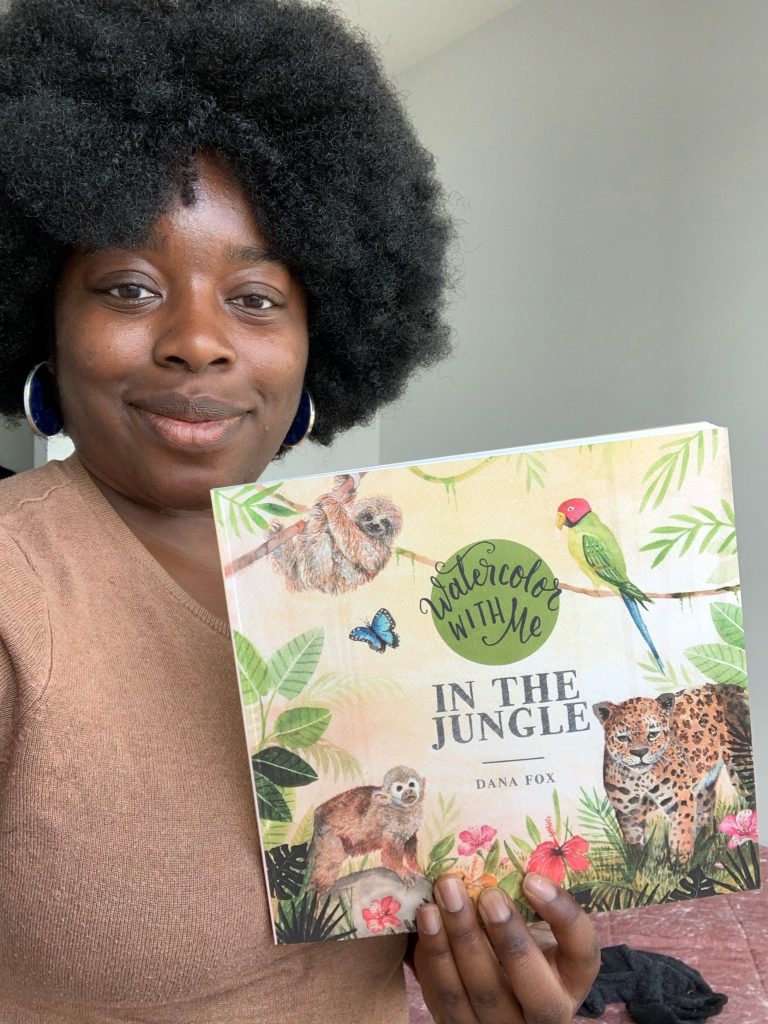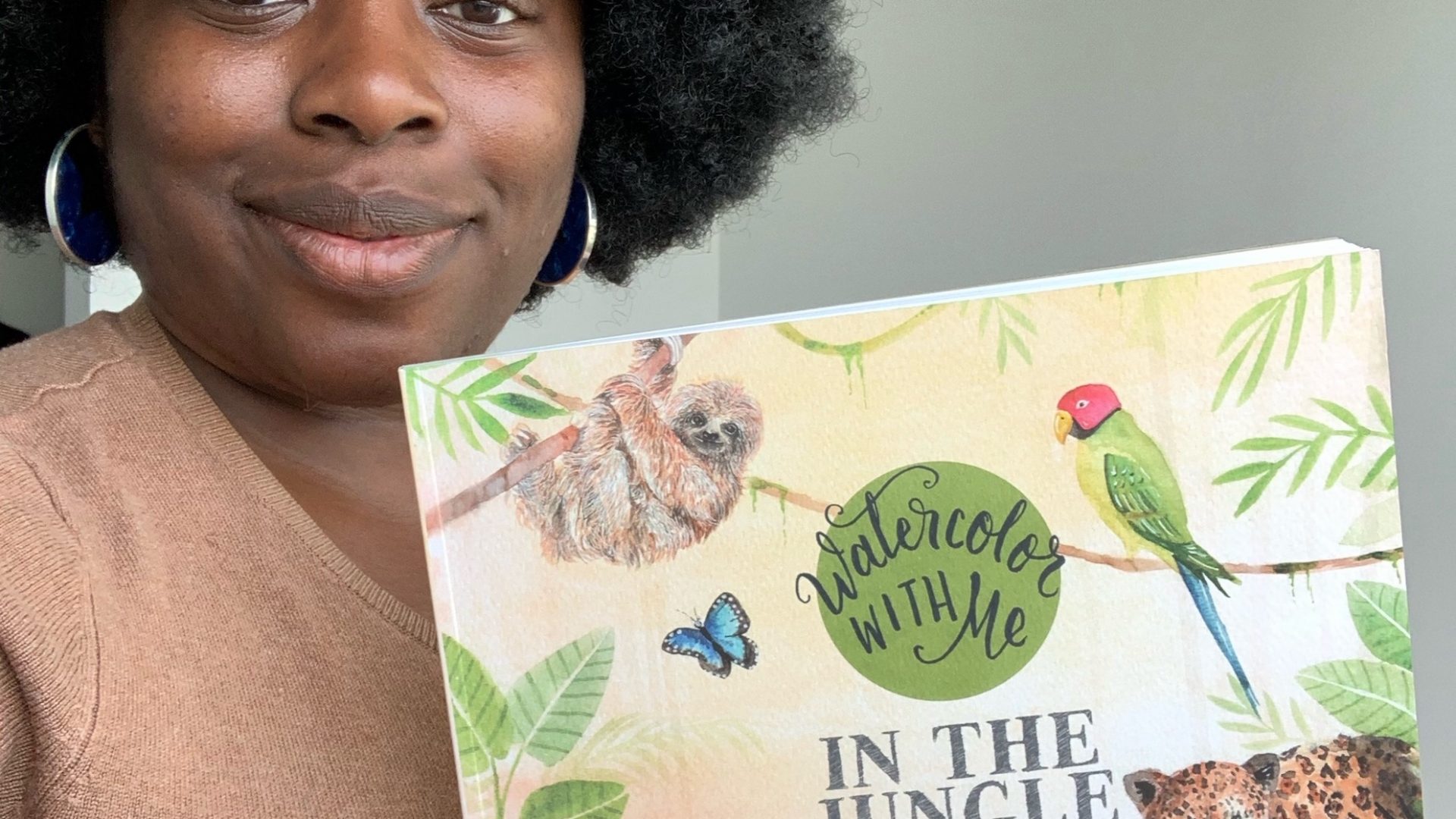2020 was an extremely difficult year for many people. Students, like myself, found themselves locked indoors with heaps of assignments and little social interaction. 2021, unfortunately for me, is also proving to be a difficult year––but for reasons other than COVID-19.
For the last few months, I've found myself feeling sluggish, tired and drowsy, despite eating consistently and sleeping regularly. While my doctors and I work to discover what is causing the fatigue, I'm still left with assignments, anxiety and a sense of general uneasiness.
Dealing with illness, as a student, can be particularly difficult to maneuver and I'm not the only one. According to Georgetown University, various types of physical illnesses (flu, colds, and sore throats) are common among college and university students. However, despite these struggles, I'm determined to remain optimistic and develop positive coping strategies to deal with illness. I've listed the following ways that I cope with poor physical health as a student:
1. Practicing Self-Care Consistently
One way that I've been challenging anxiety and general unease is by allowing myself to engage in self-care regularly. Prior to this year, I didn't consider self-care a necessary part of my daily routine. However, I've recently been forced to slow down and re-evaluate my priorities, and I'm finding that self-care has quickly become one of them.

Art therapy is a fantastic way to relieve anxiety and spark joy. Researchers have found that art therapy is effective as a healing tool for those who experience depression, anxiety, addiction and other mental illnesses. I've been finding that doing a little bit every day is an amazing way to relieve stress and give myself a necessary boost.
Filling up my painting and colouring books with watercolours, pens and photos is one of my favourite ways to pass the day. On days when I don't have the energy to do schoolwork, I'm finding that doing self-care is usually the perfect remedy to low mood and low energy.

2. Leaning On My Support System
Another coping strategy that helps me deal with poor physical health is leaning on my support system. Not only do I schedule regular calls with my doctor, but I've also learned to start asking for help from friends and family.
I've started to struggle to get little tasks done like grocery shopping or cooking, and, I find it especially difficult to ask for help. However, I'm slowly (but surely) realizing that it's okay to need others and it's actually expected, particularly when you're not feeling the best. Asking for help is hard, but it's also been humbling to discover how many people are willing to help out and support me.

3. Meeting My Nutritional Needs
As a student, it can be incredibly easy to skip a meal or begin to neglect your hygiene or health. However, it's so important to eat healthy and maintain a balanced diet––especially when you're struggling with physical challenges or poor mental health. This year, more than ever, taking care of your body's needs and feeding your body nourishing food is the best way to keep your immune system running smoothly.
In particular, I've been making sure to nourish my body with fruits and vegetables as much as possible. It's not only been helping my physical health, but it makes me feel better, as well as more energetic and more capable or tackling the day.

0 comments on “Dealing with Health Challenges As A University Student”